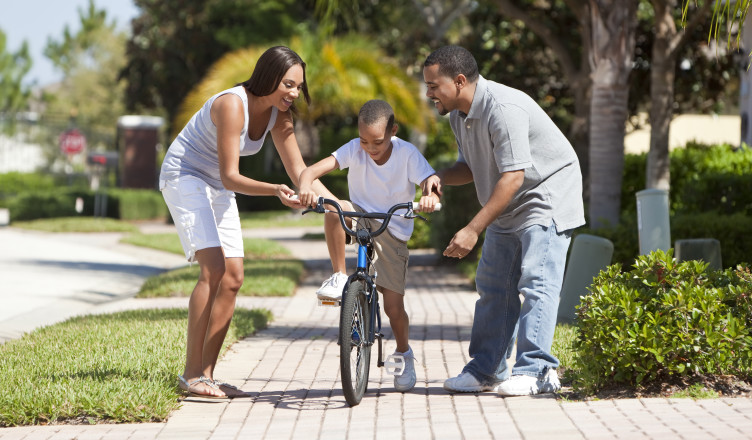Self-esteem is defined as an individual’s sense of worth. When personal value is not solidified, specifically during childhood, it can contribute to insecurity in the future. While most children may have low self-esteem because they feel they are not popular among their peers, children in foster care face a different dynamic. Why do foster kids have low self-esteem? Hopefully, this blog will add some insight.
Since a foster child has been taken from his home due to abuse and neglect, without the proper intervention, his path to a healthy self-worth can be threatened. In a matter of moments, his life can be turned upside down. Not only is he removed from his home, he can be separated from siblings, his school and everything that is familiar to him. Life as he knows it is no longer the same. Not only is he taken from his biological parent but possibly his siblings and the school he attends. If he doesn’t receive the necessary support, these traumatic changes can deter him from a path to healthy self-worth.
Although it is ideal to give a foster child as much normalcy as possible, the ultimate goal is to ensure he is safe. Keeping him in the same school for educational stability is ideal; however, there are cases when that is not possible (i.e., safety concerns). Experiencing such a drastic change, especially in the middle of a school year, can contribute to a foster kid’s confidence. With a new and daunting environment, he may feel unstable and have trouble keeping up in class. In time, this will have an adverse affect on the way he sees himself and can ultimately have a negative impact on how he performs in school. Providing dependability to what has been an unstable situation for your foster child will give him the security he needs.
Keeping him connected to his siblings, if he has any, contributes to his stability. There are times, however, when siblings cannot be kept together; they may even be adopted by different families and spread throughout the state. He could be the last one to experience a forever home. Losing that biological connection and bond can make him feel like he has been abandoned and left to face the world alone. Showing him that you are in his corner will help him adjust to his new life and family.
Friendships are universally important. Your foster child is a crucial time in his life where acknowledgement from his peers makes him feel good about himself. This is a time when friends are invited over for play time, dinner and other activities that strengthen bonds. If a foster child has previously lived in a household that did not allow that due to a variety of factors (i.e., unsanitary and unsafe conditions), it lessens the chance for him to bond with others outside of the home. Also, if he has not been taught about proper hygiene, this can have an impact on not only how he sees himself but the way his peers see him as well.
Why Do Foster Kids Have Low Self-Esteem? – Early Intervention
During the formative years of childhood, it is crucial to give your foster child what he needs to build and maintain healthy self-esteem. Learning as much as you can about his experience will give you an idea of any challenges he may need you to help him overcome. If he has suffered years of abuse and neglect, and this is not addressed in a timely manner, it will contribute to the way he sees himself and ultimately the way he functions in society.
Because of all the changes he has to endure, a foster kid may already feel like he is out place. Since his birth parents have not given him what he needed for a healthy and stable life, he may feel unwanted and unwelcomed. Showing him that he is important and valuable will make a world of difference.
Why Do Foster Kids Have Low Self-Esteem? – Help Them Dream Big
You may have been fostering for many years, or you may be new on this journey. No matter how long you have been a part of this community, there are tools that can help you as you help your child in care be the best he can be.
Foster kids may not have had the opportunity to dream, because no one ever told them they could. A big part of self-esteem is finding something you love to do and are good at. Our Self Esteem Dreams Initiative gives children the chance to build confidence by pursuing their dreams.
This is one of many programs FAFS offers that build self-esteem in children. Click here to learn more about what FAFS has to offer and/or make a contribution that will assist FAFS in helping you to make dreams come true for your foster child.
Author: Salendria Mabrey, FAFS Communication & Development Associate
Salendria Mabrey is a Communication and Development Associate at Foster and Adoptive Family Services.


Excellent read!